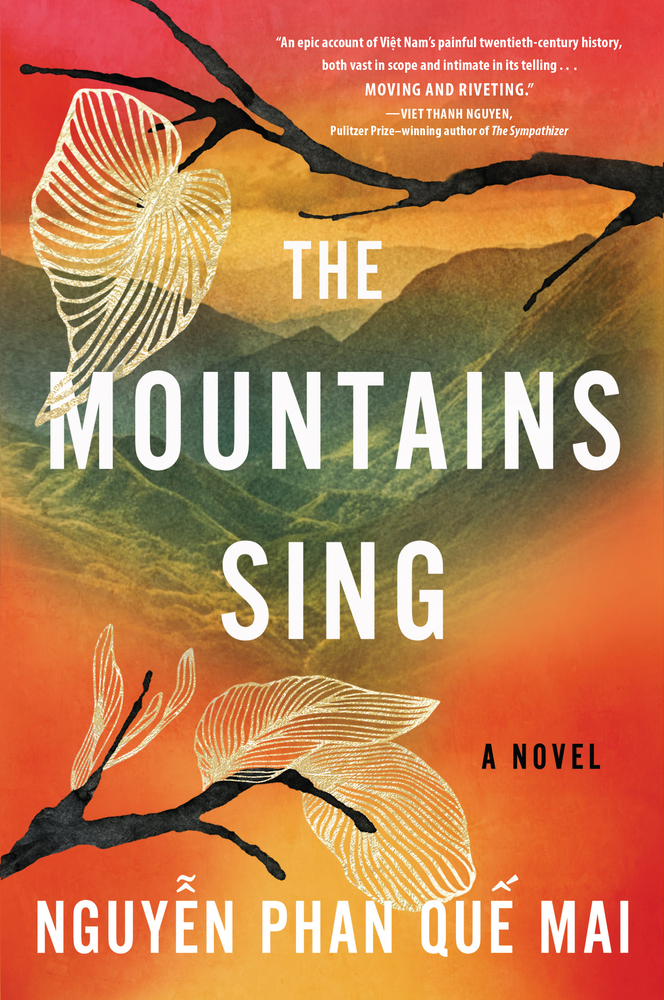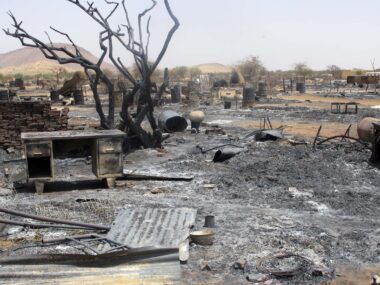By Emily Hencken Ritter and guest contributor Jessica Maves Braithwaite
In December, PV@G editors and contributors shared their favorite books on political violence for 2020. The list is chock-full of fantastic and illuminating reads that focus in part on the ways in which research on political violence relates to policy. (We “third” the call to read Caste.)
The list published in December covered the world of non-fiction and academic writing. Fiction on the other hand—and storytelling, more generally—provides a way for readers to connect emotionally to a victim or perpetrator of violence that we cannot access as scholars or practitioners who look at it from the perspective of observers. 2020 offered some fantastic, heartbreaking, and even cathartic stories about political violence. They made us think differently about what we know about what—and who—violence looks like.
Here are our top 10 picks of political violence fiction published in 2020.
The Mountains Sing (Nguyen Phan Que Mai): A single family in North Vietnam experiences multifaceted cruelty and tragedy over several decades of conflict in the 20th century, told through the eyes of a grandmother and her granddaughter. We knew so little about the Vietnamese intra-state and extra-state conflict before this book, particularly from civilian points of view. The stories in this novel are ones the government would rather suppress, even today. Ms. Nguyen weaves stories of tragedy into the complexity of family, addressing the challenging subject matter with great care and attention.
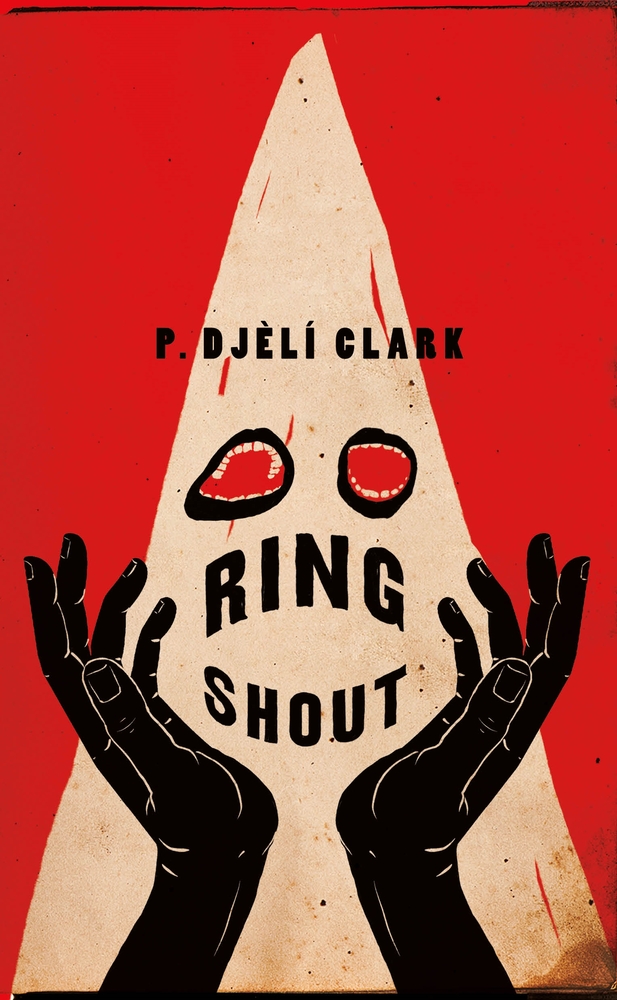
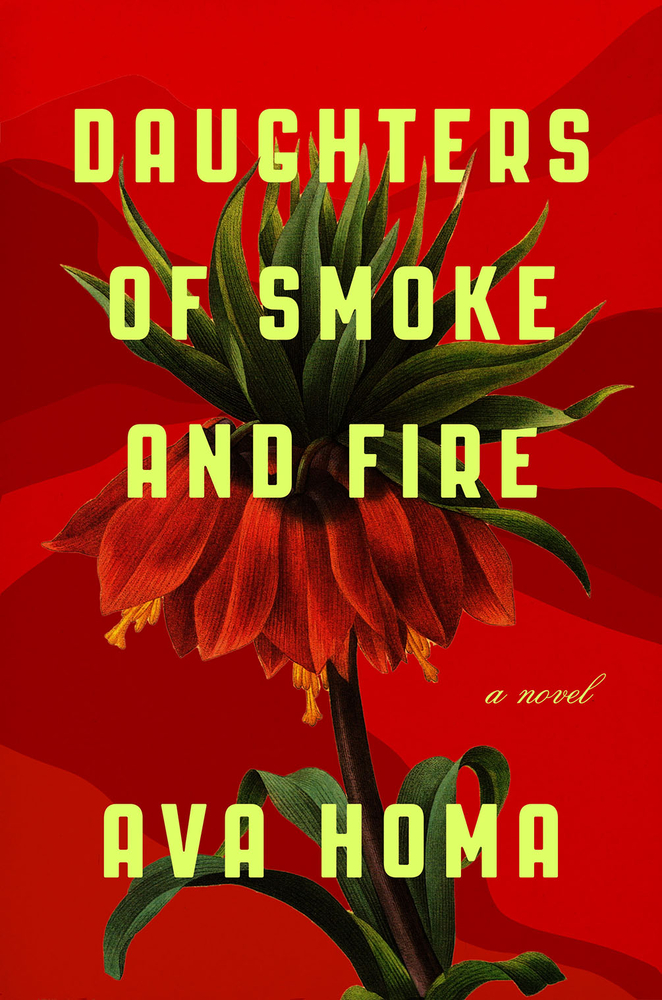
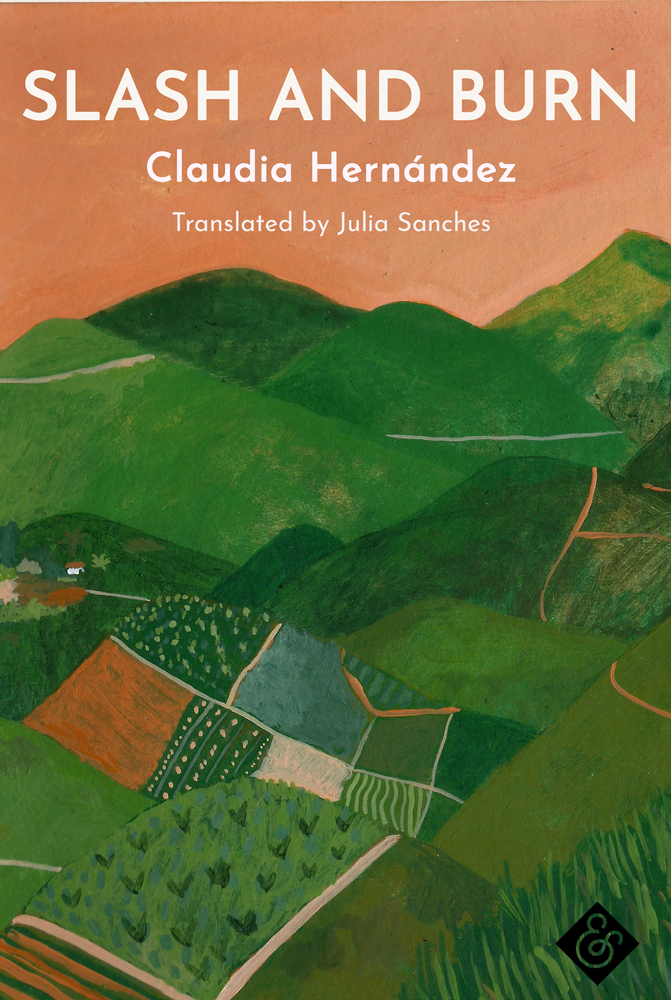
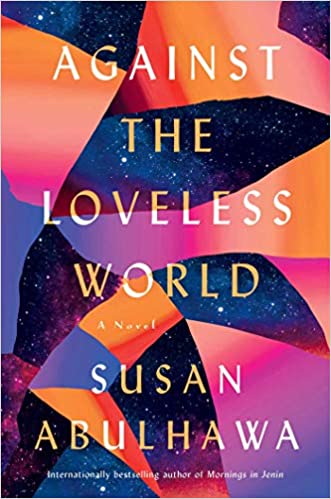
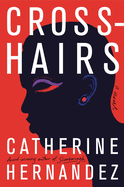
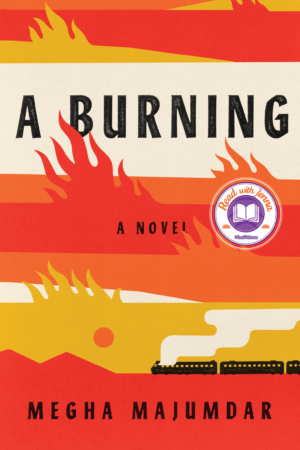
And a couple of cheaters here, published in *paperback* in 2020. They’re just too good not to include them.



Emily Henken Ritter is an Associate Professor and the Director of Graduate Studies in the Political Science Department at Vanderbilt University and a permanent contributor to Political Violence at a Glance. Jessica Maves Braithwaite is an Associate Professor of Political Science in the School of Government and Public Policy at the University of Arizona.


